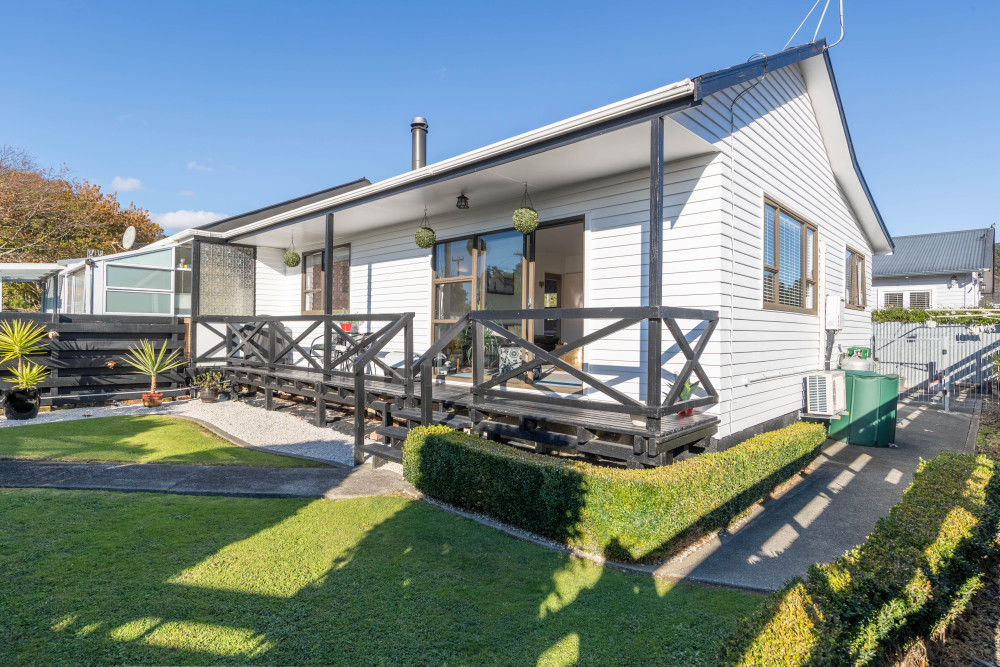Talking Real Estate
The way a property manager answers the following seven questions will help investors decide whether they are up to the job.
Hi folks,
The market is moving nicely as we enter the busy season.
I have been meeting more rental investors looking for property so I thought this week I would address some property management issues and offer some questions that a good property manager will know the answers to. Note the way a property manager answers the following seven questions... it will definitely help investors decide whether the prospective manager is up to the job.
- How much notice must a tenant give to a landlord when they are going to vacate?
- How much notice must a landlord give to a tenant that they require vacant possession?
- How much notice must a landlord give a tenant that they are going to vary the rent?
- What is the difference between fair wear and tear and negligence?
- What is the maximum security deposit / bond a landlord can charge a tenant?
- What is the minimum period a tenant needs to be in arrears before the landlord may commence formal eviction proceedings?
- Can you briefly explain the steps involved in a formal eviction?
The answers to these questions will vary depending on local legislation governing residential rental arrangements in the area.
But if you are thinking about signing up with an agent who does not answer these questions with confidence, think about choosing another agent.
Finally, investors shouldn’t expect their property manager to have a detailed knowledge of the tenancy legislation – as long as they know where to go for the information when they need it.
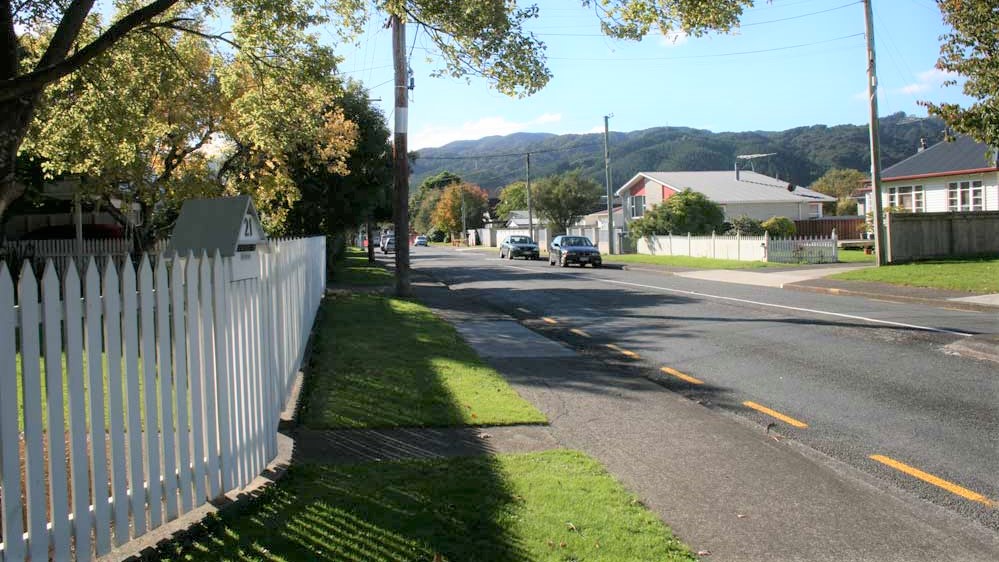
Who doesn’t want to put their feet up and watch their investment property make some money?
Hi folks,
Listing your home on short-term rental sites like AirBnB and BookABach can be an excellent way to get great returns on your rental.
AirBnB and BookABach have completely changed how we holiday, moving away from traditional letting methods to connecting the owner and renter directly, usually on short term lets.
It’s now easier for owners to use different renting methods to get a return on their property. We’ve seen recent reports of landlords in Auckland’s CBD choosing to only rent out their apartments on AirBnB instead of relying on a long-term tenant because of the higher returns and with occupancy rates sitting between 80 and 89 per cent, it’s an attractive option.
While there can be a bit more work around booking guests and handling cleaning, short-term rentals can work well if you’re willing to take the risk and uncertainty.
Some other issues to consider include
- securing the right insurance
- working with an accountant to understand your tax obligations
- maintenance costs with a higher turnover of tenants
- how much property management you really want to do.
Owning a holiday home has an added bonus in that you have somewhere to holiday yourself - and if you structure it right, the house should pay for itself.
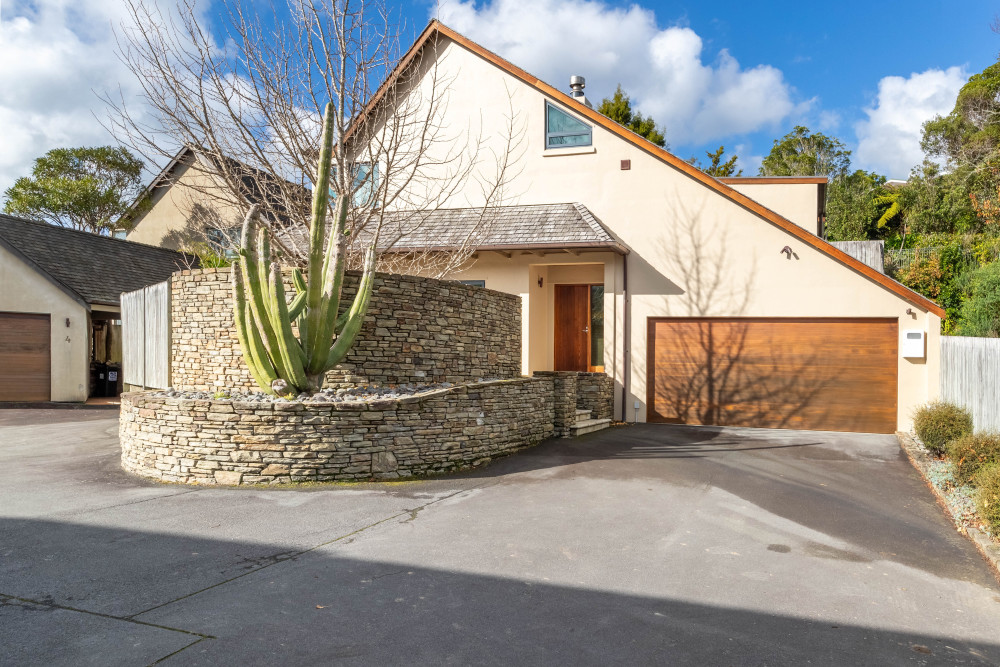
Whether selling or renting, there are so many things to consider. Here are some of them.
Hi folks,
I thought I would ask the question: Is it ever financially sound to hold onto a property that doesn’t reach the desired price rather than sell for less?
Agents often hear home owners say: “If I don’t get my price, I’m not selling.” There is no hard and fast rule and, of course, many people who are buying another property with the proceeds of the sale have little financial choice in the matter.
But how can those who have the borrowing power determine whether they might be better off renting the property out rather than selling? Naturally, it is important that they do their sums before making a decision.
If you find yourself thinking of the rent-and-hold option, consult an accountant or financial planner as well as a real estate agent. Find out whether the market is stable, climbing or falling so that you know whether there is a potential increase in capital gain worth holding out for. It is important to check out the rental and vacancy rates and the likely income including capital gain against the cost of any borrowing you need to incur.
Many people moving out of the area they have lived in for a while automatically think “I’m moving so I’m putting my house on the market.” But have they checked out the state of the market in their new area? It is possible that property won’t go up as fast in the new location as the old one. Or conversely it might go up faster. Is the future sufficiently hard to predict that it could it be safer to have a foot in both camps in case they want to return and not find themselves priced out of the market?
If you do the figures and decide it is a better financial choice to hold onto the property rather than sell, the last thing to take into account is whether the property is a good rental proposition. Often high maintenance properties (such as those with pools or large garden) have costs that have to be offset against income. Or the market may not pay the rent you think it should be worth if it is not the type of property normally in demand by typical tenants in the area.
It is clear that in many cases, holding onto a property instead of selling it does indeed pay off. Many people buy their first property with the long term strategy that they will never sell. They choose a property that will be suitable as a rental when they upgrade and go on borrowing and buying properties as a means of wealth creation. This does not require high income or great wealth – simply an understanding of the strategy and some good financial advice.
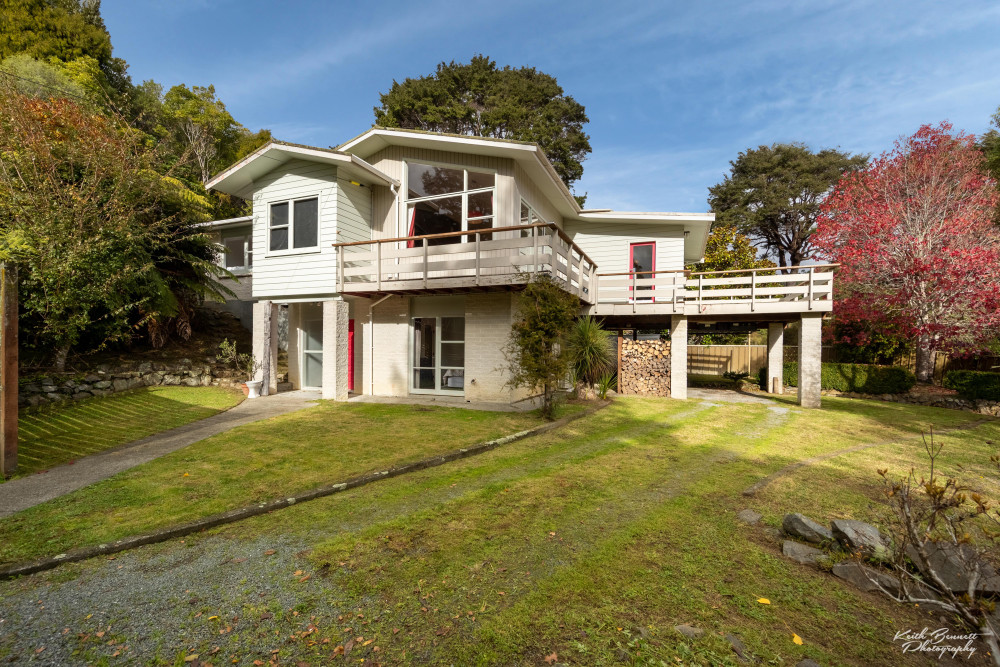
Those who choose to invest in the luxury end of the market are usually the first to be hit by any economic downturn.
Hi folks,
Over time I've had a couple of multi-unit properties to sell so thought this would be a good time to revisit rental investment.
What I find odd is that some property investors have difficulty buying a house or apartment they don’t ‘like’ even if it is a good sound investment.
Surprisingly, many investors make it harder for themselves than they need to by being unnecessarily emotional about their purchases. Many investors see their investment properties as an extension of their own home and indulge in the same feelings of pride of ownership. It is not uncommon for novice investors to turn down a property with terrific investment potential and strong rental demand just because they themselves couldn’t live in it. Some end up buying what they consider to be a nicer property, only to find that the tenants have different priorities and will choose more basic accommodation in order to be say, closer to amenities.
The strongest demand for both re-sale and rental is usually around the median price in any marketplace or location. Those who choose to invest in the luxury end of the market are usually the first to be hit by any economic downturn. Much of the luxury rental accommodation available is leased by corporations who, in poorer economic times, can no longer justify the cost of accommodating employees in high rent areas. And high income earners are unlikely to commit to large mortgages or rents in a climate of economic uncertainty with the possibility that salaries or job s could be under revision.
Median priced properties - those in what you could call middle range of the market - are not as badly affected and usually give their owners the best long term return. If they lose some demand from their usual occupiers because young people move back home or families scale down to smaller or cheaper accommodation, they pick up tenants or purchasers who can no longer afford the luxury markets.
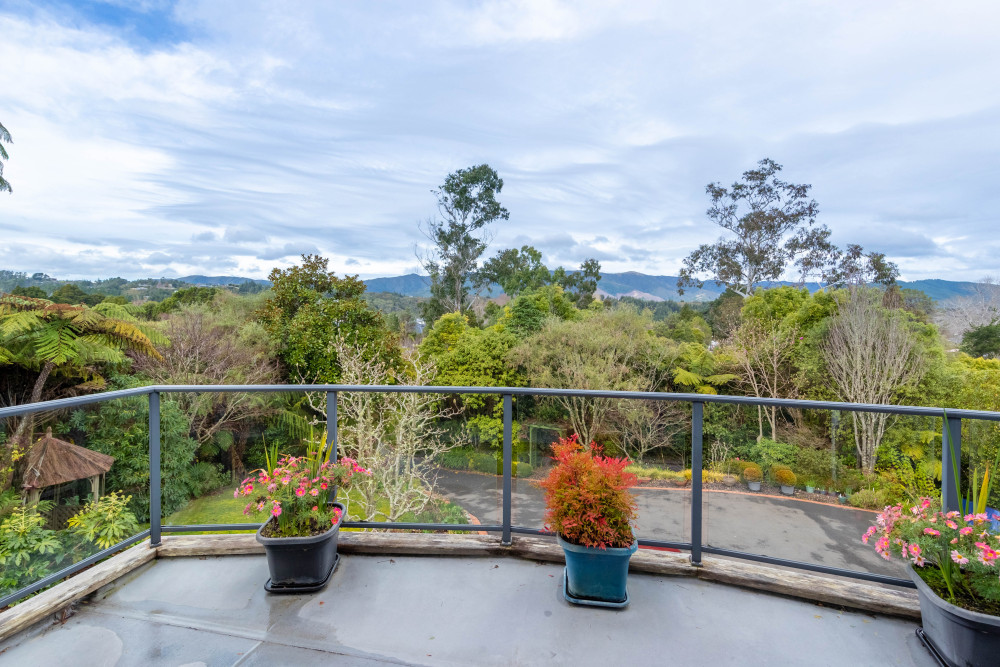
Hi folks, Most experienced investors understand that $500 a week for 52 weeks a year means more money in their pocket than $550 a week with several weeks vacancy during the…
Hi folks,
Most experienced investors understand that $500 a week for 52 weeks a year means more money in their pocket than $550 a week with several weeks vacancy during the year. So if maximising income from rental property investment comes from keeping their properties occupied, why do some landlords charge such high rents that their tenants move on whenever they get the chance and new tenants are slow to move in?
It is a fact of life that some investors fail to see the big picture and only look at the money in their pocket ‘right now’. They are blind to the possibility of rent loss down the track and don’t see that they might create dissatisfied tenants who move on when they find a better value option, thereby creating a cycle of high turnover and increased vacancy. The problems don’t stop there. Investors whose properties are ‘good value’ get more inquiries and can afford to be more selective when deciding who will rent their property, while those asking over priced rents get fewer and less well-referenced applicants.
New investors can avoid a lot of common errors by making use of the expertise of their managing agent. Many novice investors don’t think of asking their managing agent’s advice until something goes wrong. Investors who do their homework and tell their agent up front what their needs are find it much easier to keep abreast of what’s happening and avoid confusion.
